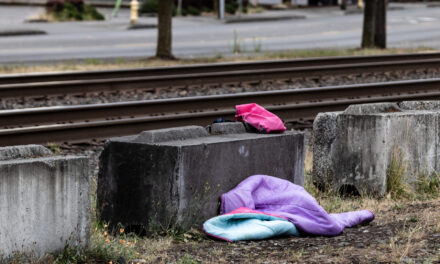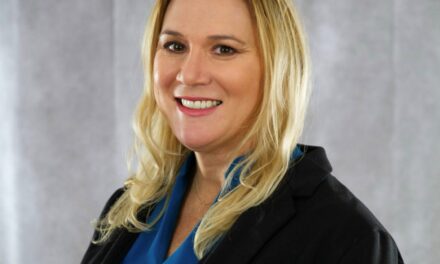INDIO — With an estimated 1 million people pouring into the Coachella Valley for three weekends of music, sun, parties, drugs, alcohol, sex, and more, JFK Memorial Hospital is preparing for whatever may come its way, Dr. Andrew Kassinove, medical director of the Emergency Department, said.
It’s the rest of the story behind the romantic image of the sunset-lit Ferris wheel.
JFK Memorial is ramping up the number of doctors, nurses, physician assistants, and nurse practitioners who will be on duty during both Coachella and Stagecoach festivals. The nursing staff will increase by 25 percent, Deborah Givot, RN and director of emergency services at JFK Memorial, told Uken Report.
Physician hours will be increased by 10 hours per day.
Staff not scheduled at the hospital are on-call and expected to be at the hospital in 30 minutes notice, Kassinove said.
Staffing is only a portion of the preparation. During the past several weeks, JFK Memorial staff has been meeting with police, CAL Fire. AMR, AEG, and Goldenvoice to ensure all entities know what resources are available to them and where to go in the event of a mass casualty or incident, Kassinove told Uken Report.
“Every year, we keep refining what we do,” said Kassinove. This will be his sixth Coachella and Stagecoach events.
He praised both AEG and Goldenvoice for their preparedness efforts and plans.
It will be Givot’s third year working the pair of music festivals.
“We are a finely oiled machine,” Givot said. “It’s manageable for us. We’re ready.”
 Coachella draws an international crowd from all over the world that tends to be younger, Kassinove said. This group tends to have more drug-related issues that involve multiple substances, he said.
Coachella draws an international crowd from all over the world that tends to be younger, Kassinove said. This group tends to have more drug-related issues that involve multiple substances, he said.
Stagecoach attracts primarily a group of U.S.-based spectators. Their drug of choice is alcohol.
In 2018, the local hospital was ground zero throughout the two-weekend run of Coachella and solo-weekend run of Stagecoach festivals, where staff treated more than 230 walk-ins and nearly 80 patients who arrived by ambulance.
Those transported by ambulance were primarily those who overdosed on either drugs or alcohol, though there were broken ankles and even injured workers.
Injuries ranged from drug- and alcohol-related issues to dehydration and from asthma attacks to heat exhaustion and everything in between, Kassinove said.
Some medical issues were asthma-related.
People travel to the Coachella Valley who aren’t used to the heat and dust, Kassinove said. They end up suffering heat exhaustion and asthma attacks. He advises festivalgoers suffering from allergies to pack their inhaler and to take allergy medications before getting to the festival grounds.
Last year during each of the two weekends of Coachella, about 100 people walked into JFK Memorial seeking treatment while about 30 patients each of the weekends arrived by ambulance. During Stagecoach, there were 36 walk-in patients, 18 arriving by ambulance, one admitted to ICU and one death. The latter was dead on arrival and staff was unable to resuscitate the person, Kassinove said.
The biggest difference between the two festivals — other than the music — is the difference in the mix of patients needing treatment. Those attending Coachella who needed medical treatment were incapacitated or hindered by cocaine, ecstasy, marijuana and some alcohol.
The JFK Memorial Hospital Emergency Department also saw patients under the influence of GHB, commonly referred to as the date-rape drug. Those who receive GHB can stop breathing for a bit, but they will most generally recover, Kassinove said. It is used recreationally to stimulate euphoria, to increase sociability, to promote libido and lower inhibitions.
To that end, Kassinove stresses using caution. “Do not take a drink from someone you do not know. Practice stranger danger.”
There is little doubt that with a concentration of hundreds of thousands of people in one place in the heat, fueled by who knows what, there is bound to be some chaos.
Kassinove is unfazed.
“This is what we do,” Kassinove told Uken Report. “We exist in chaos every day. We’re not a doctor’s office. We’re very comfortable with what happens here.”
Image Sources
- Coachella: Shutterstock
- Ferris Wheel Coachella: Pixabay







